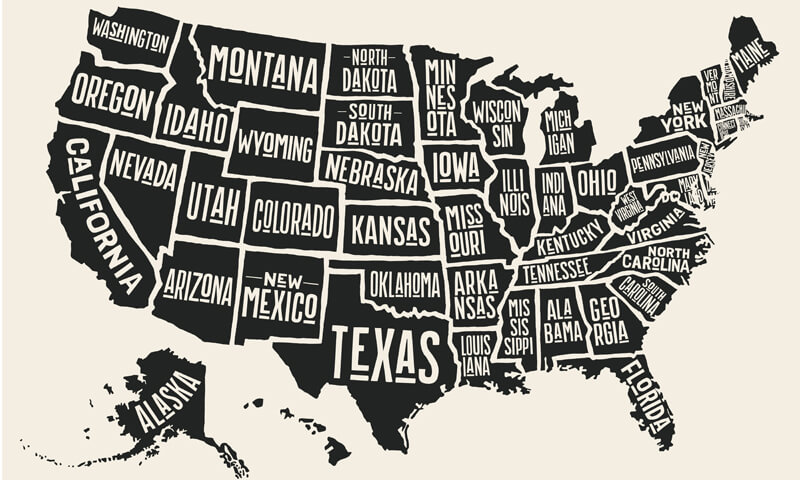Summary: Yale Law School has announced changes to its unique grading system, a move that is receiving mixed responses from students and faculty.
According to the Yale Daily News, last week, Yale Law School Dean Robert Post sent an email to students stating that the Grading Review Committee had approved two proposals that would change the school’s grading system.
Currently, the law school uses a tertiary grading system for the second- and third-year classes. Professors give students grades of honors, pass, or low pass. During the first year, students are graded on a pass/fail basis. Class rank and grade point averages are not calculated.
The first change that was approved will alter the description of “honors” that is provided on student transcripts. Now, “honors” will mean “superior mastery” instead of the former notation that the student’s work was “significantly superior to the average level of performance.” Next, the committee decided to get rid of “student-awarded credits” that Yale Law students earn through participating in law school journals and other activities. Now, a faculty member will have to award credit for these activities after an evaluation has been completed.
Douglas Kysar, the deputy dean for the law school, said, “The change in the description [of the honors grade] was just an attempt to update the description to better update our practices. I don’t think it will change the grading norms or the current grading practices. I think it will just now reflect the way people are giving out grades.”
According to Kysar, opinions of the faculty are mixed on the three-tier grading system, but there is not a strong movement for reform. He noted that, compared to traditional A-F grading scales that other law schools use, Yale’s system is restricted.
Yale Law has a very interesting 93-year-old student named Harold Kent.
He added that if Yale argues that it admits some of the best students in the world, then all students should be receiving the highest grades. According to Wikipedia, the small size of the school and its prestige makes it the most selective law school in the country. Therefore, Kysar proposes that the school should either switch to a basic pass/fail system or use a traditional letter grade system.
He explained, “The current [system] is a halfway compromise that doesn’t really make sense.”
Phoebe Clark of the class of 2015 said that the problem with having such latitude between grades means that students do not have a specific idea of how they performed on courses as compared to their fellow students. Clarke feels that students are content with the current grading scale, however.
James Silk, a professor at the law school, said that a great deal of the disagreement over the school’s grading system is due to the different views on what each of the three grades mean, especially since there is varying interpretation when it comes to the honors grade.
Last fall, Yale Law was ranked the top school in the nation.
Beezly Kiernan of the class of 2016 said that a low pass is rarely given, and that most students receive either honors or pass grades. “Effectively right now we have an H/P system. You either get an H or you get a P, and it’s almost expected that in certain classes you’ll get an H and in other classes … you’ll probably get a P. It’s a binary, but it’s a weird binary that doesn’t really map onto that [many] characteristics of the individual.”
Kiernan said he would support a pass/fail system, especially since law school grades do not typically predict future performance as an attorney.
Silk added that the current system enables the school to maintain certain values that no-grade policies encourage, such as cooperative learning environments where students are pushed to take intellectual risks.
Source: Yale Daily News
Photo credit: snipview.com









































